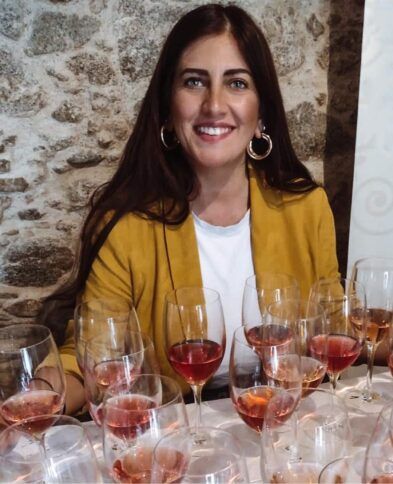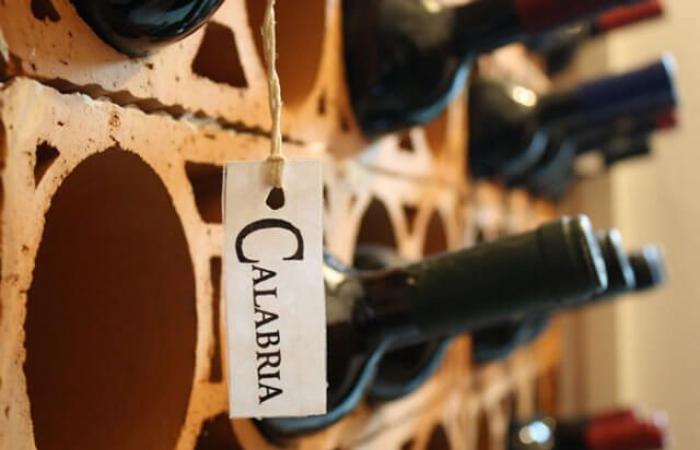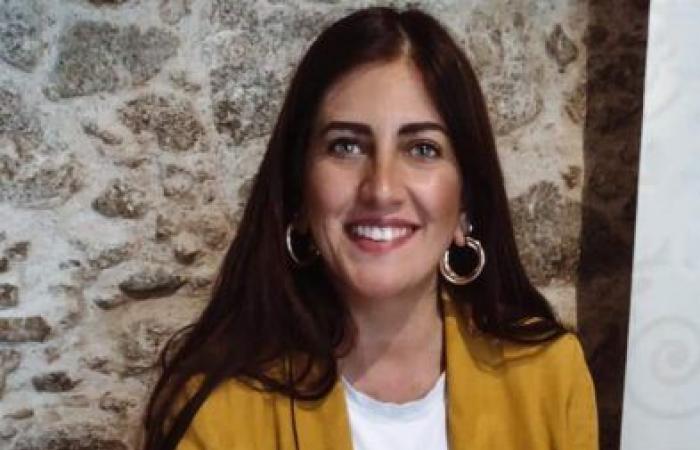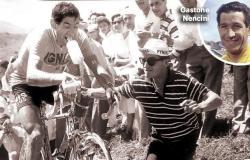COSENZA Fewer trends – the Calabrians decades ago drank “ancestral and orange” without knowing it -, more substance and awareness, success will come. In the debate on strange case of Calabrian wines absent from the tables that count the experts, sommeliers and communicators take the floor.
Cristina Raffaele, registered with Fisar (Italian federation of sommeliers, hoteliers and restaurateurs) as well as being a consultant in the wine sector and therefore in constant contact with importers and restaurateurs, including foreign ones, he notes that «there is great interest and attention for Calabrian wines, which in my opinion – he adds – should be those with the greatest growth prospects in the next years. The professionals are interested in our wines, the consumer is much less educated, and – continues Raffaele – I’m talking about both the local and the non-local: it’s a dog chasing its tail…”.
In what sense? «If I go to a restaurant and don’t ask for a Calabrian wine, the restaurateur still doesn’t take it. When speaking with restaurateurs, I often notice the absence of Calabrian labels on the paper. When I choose them – I am told – apart from the usual well-known names that have pushed a lot on marketing by educating the consumer’s taste, I am not asked for them. Tuscany, Piedmont and Friuli are preferred. Thus Calabrian wines remain unsold. Well, I would focus more on the consumer and on the education of his taste.”
“Enough conformism and imitation”
For Giovanni Gagliardi Calabrian wines «have a great perspective because they can play on the elements that are under the attention of the market today: historicity, biodiversity, healthy agriculture, differentiating taste, productive ferment, new generation, amazement. However…”. However? «There is one thing, however: the courage to abandon the productive conformism and stylistic models of the recent past. Lately I have had the opportunity to taste many things produced in recent years and I must say that, although the examples of freedom compared to productive clichés that lead to nothing are increasing, it is still too little. I have never exposed myself in public – adds Gagliardi from his Catasta di Campotenese where Calabrian wines have a prestigious and appreciated showcase – but today I see that time is passing and that much has moved since I observed the sector with vinocalabrese.it , it wasn’t enough to make us explode. We need to make a move. We cannot play only with the price variable. Because we remain poor, marginal and insignificant.”
Second Alessandra Molinaro, Francesco De Franco’s analysis with Gambero rosso is acceptable when he talks about the identity of wine: «In the past, Calabria made a mistake in imitating other regions by following paths considered easier, giving little dignity to the native vines and to its own winemaking history», an attitude – says the manager of Slow Wine Calabria – « which has led us to still be a little behind the rest of Italy today.”
There’s more: «We are a land where we talk about food and wine but there is a lot of gastro and little eno… Compared to fifteen years ago, when you found one or two Calabrian wines in restaurants, not much has changed, even in high-end brands: where you find a few more I see that there is not great awareness of the territory – continues Molinaro – and therefore here are all the same cards dictated more by the distributor than by real knowledge or at least curiosity. There is not the same attention given to wine as to food, for a dish we read seventeen lines while for a wine it is only specified whether it is white, red or rosé, the cards should tell the story of the territory. Furthermore, the figure of the sommelier maitre who takes care of the management of the cellar is often missing: hence obvious and banal choices, without a criterion, a logical thread and a philosophy behind it. If we don’t have this awareness in Calabrian restaurants, how can we expect it from those outside the region? We ourselves are the ones who ignore and neglect our wine culture, of course talking about wine tourism is wonderful but the reality is different…”.

Furthermore for Molinaro «wine in Calabria is not yet considered a food, despite being the most identifying one» and finally there is a final problem which concerns communication, «overly technical language that distances people from wine». There is also something good: «Winemakers aware of their territory like those of the Cirò Revolution who have returned to their identity vines». Is there the possibility of a Calabria Revolution? Perhaps. In the meantime, we need to write down these 7 words: identity, knowledge, awareness, curiosity, criterion, dignity, territory.
The consortia and the starred ones
Other positive factors, on the sidelines. The confirmation of Terre di Cosenza and the growth of the Reggin wine consortiumo – with very respectable niches such as Bivongi – but also the excitement of the Accademia del Magliocco (fresh from Magliocco day) and the activism of the Women of Wine demonstrate that in addition to Cirotano, Calabria has a lot to say. In the sector guides, Calabrian companies are increasing.
There Tropea onion it is present on all tables in Italy, as well as in the sandwiches of fast food giants and in the major frozen food brands; clementines can be found at stratospheric prices on the shelves of large-scale retail trade in the north; ‘nduja is now synonymous with Calabria, in twenty years it has overshadowed chilli pepper: now we just need to better communicate this quality and diversity even in the glass in order to invade Italian tables, or at least start to appear there.
There is no shortage of examples: from Nino Rossi than in its starry Qafiz declines Magliocco as if it were a pinot noir for his cuisine (the Cirò di ‘a Vita and Ceraudo but also Antonella Lombardo from Reggino and Origine e Identità from Vibonese) to the Cosenza winemakers of Tenuta del Travale (Rovito), who with their Nerello Mascalese – and recently also Cappuccio in the Epicarma Rosato – supply the Michelin-starred wines from Oltre-Pollino, presiding over the very high end.
And if producers like Paolo Ippolito believe it is difficult to gain critical mass and have a significant weight in the national market due to the small wine production (0.4% of the national one), the regional councilor Gianluca Gallo often repeats that in local restaurants there is a constant increase in labels Calabrian wines on the wine lists. And at the international event in Rome he spoke of a small movement – less than 16 million bottles this year, between downy mildew and extreme climatic events – yet one with great potential, not all of which is unexpressed. The unique stand at the last Vinitaly demonstrates that moving compactly generates new attention. And maybe, sooner or later, also reputation and finally markets. ([email protected])
Corriere della Calabria is also on Whatsapp. Enough click here to subscribe to the channel and always be updated








